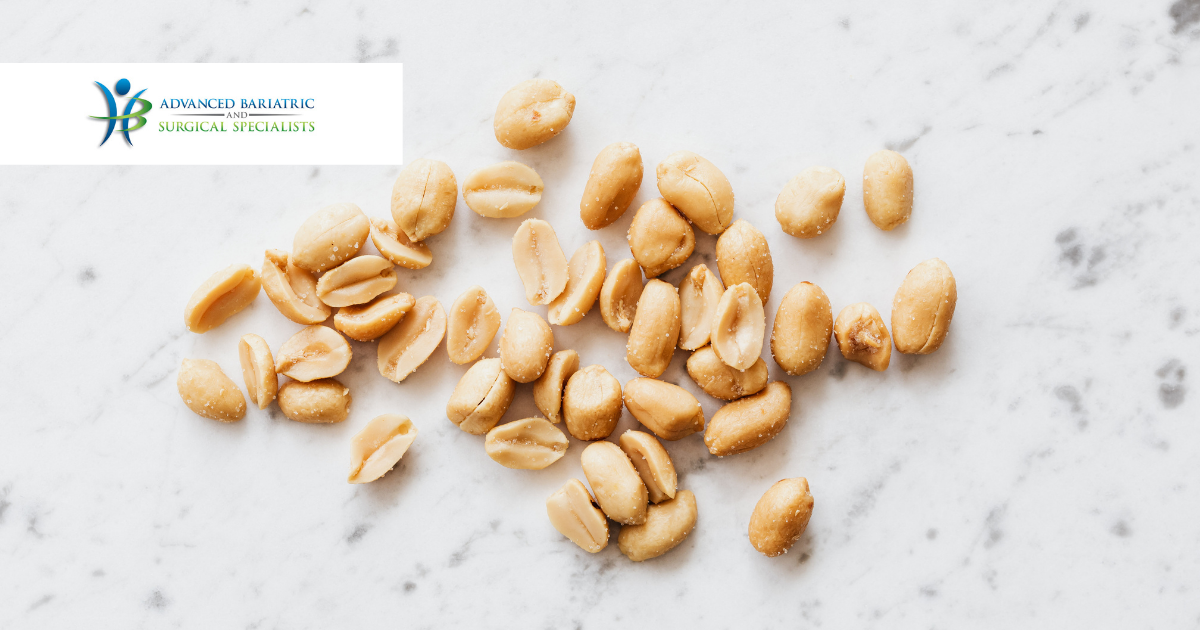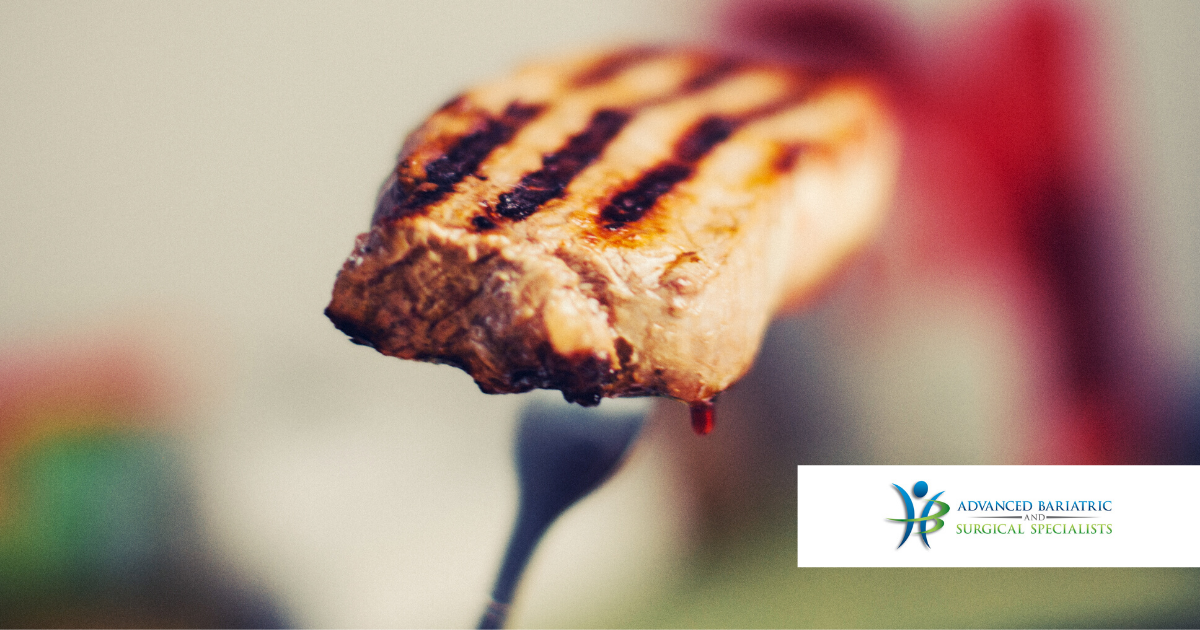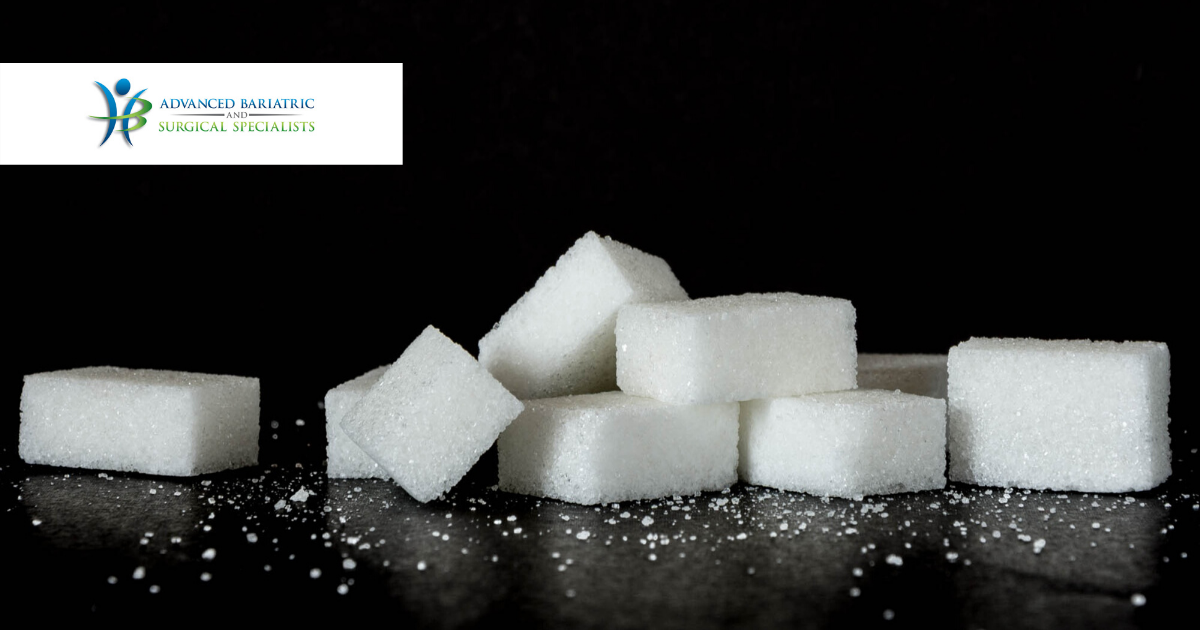Layered Caramel Chocolate Chia Protein Pudding
Sometimes you have a sweet craving that you just need to satisfy. Luckily, with this recipe, you can have your pudding and you protein too.

Ingredients:
- 1 Premier Protein 11oz. caramel shake
- 1 Premier Protein® 11oz. chocolate Shake
- 6 TBSP chia seeds
- 1 TSP unsweetened cocoa powder *optional
*yields five, 4.4oz servings
Low Impact Exercises You Should Be Doing After Weight Loss Surgery
There are various bariatric surgery options that one can pursue to facilitate a healthier life. In contrast to belief, weight loss surgery is not a one-time fix to shed excess body fat. Surgery is one tool in a toolbox of instruments that leads to successful weight loss results.

Chocolate Peanut Butter Protein Fudge Recipe
The classic combination of chocolate and peanut butter can be hard to resist. With this recipe, you don’t have to. Indulge in all the flavor without all of the guilt that comes with a typical dessert. If you have the time, made your own natural peanut butter by grinding roasted peanuts in a food processor or blender.

Protein Packed Mole Sauce
Protein can feel like a chore for many patients striving to meet protein goals and follow a low carb diet. Fortifying food with protein powder offers extra nutrition while enjoying something other than a plain shake. This recipe features Premier Protein in a mole sauce which can add Mexican flavor to a healthy meal. Utilize this mole on any number of lean protein options or fiber rich veggies. Added bonus? Use the mole on its own during the puree phase of your post-op bariatric diet, just make sure it is blended smooth. As always, if you have questions about your post-op diet progression or if something is appropriate, reach out to your care team.

Protein Pumpkin Muffins
Fall flavors can help usher in the comfort of a new season with cooler weather. While muffins are not typically high on the list of health foods, these protein fortified pumpkin muffins have hidden protein along with. Their spicy fall flavor. They also utilize almond flour, meaning they are gluten free and lower in carbs.

Protein Enhanced Blueberry Pie Smoothie

Typically, smoothies are packed with fruit, making them naturally high in sugar. If you’re picking up a fancy smoothie from a smoothie bar, it may have added sugars or other sweeteners too. What you might think is a healthy, refreshing snack, may be sabotaging your weight loss progress. Making a smoothie at home means you can control what goes in. Better yet, adding protein with a pre-made protein shake helps to balance the natural sugars to help you avoid a blood sugar spike.
Sticking to the Diet Plan After Weight Loss Surgery

Some argue having weight loss surgery is the “easy way out”, but those who have had surgery know it is just the beginning of a lifelong journey.
Sticking to the plan begins well before surgery day. It starts with changing your mind set on food. Food can no longer be used for comfort. Use food to fuel your body! Fruits and vegetables are packed with nutrients your body needs. Have at least one at each meal. Keep protein a part of your meals. Your body NEEDS it!
Emotional Eating and What You Need to Do To Succeed

If you think about it, many people are overweight because they don’t stick with proper diet plans and self-sabotage with food. They may also be kinda resistant to teaching and accountability. They think…”I can fix this on my own”. As you know, very few people actually lose more than 50 lbs. on their own then keep it off…the studies support this. Numerous studies show that massive weight loss rarely occurs with any diet plan (even keto!).
The Association Between Artificial Sweeteners and Obesity
The general public thinks that cutting sugar from the diet and replacing it with artificial sweeteners is a great choice for weight loss. Research suggests otherwise. A recent article from University of Texas Southwestern in Dallas suggests that artificial sweeteners appear to lead to decreased fullness and alter the processing of sugar in the body. Sweeteners were also associated with increased caloric intake and weight gain. “Artificial sweeteners are marketed as a healthy alternative to sugar and as a tool for weight loss. Data however suggests that the intended effects do not correlate with what is seen in clinical practice.”

The Zantac Recall and What You Can Do About GERD
Zantac (generic name ranitidine) is a common antacid which has been in use for years. It belongs to the same class at Pepcid, Tagamet, and Axid. It is a different class of drug as Prilosec, Protonix, Dexilent, and Nexium. Zantac has IV and oral forms. It has been used for the treatment of GERD/heartburn, ulcers, gastritis.

The Food and Drug Administration recently revealed that Zantac contains low levels of a cancer-causing contaminant known as N-Nitrosodimethylamine (NDMA). NDMA was previously identified in a blood pressure drug, leading to recalls. NDMA is associated with increased risk of cancers of the liver, stomach, bladder, kidney, and other organs. The risk is likely higher with prolonged exposure to NDMA. The agency determined that the impurity in some ranitidine products increases over time and when stored at higher than room temperatures.

